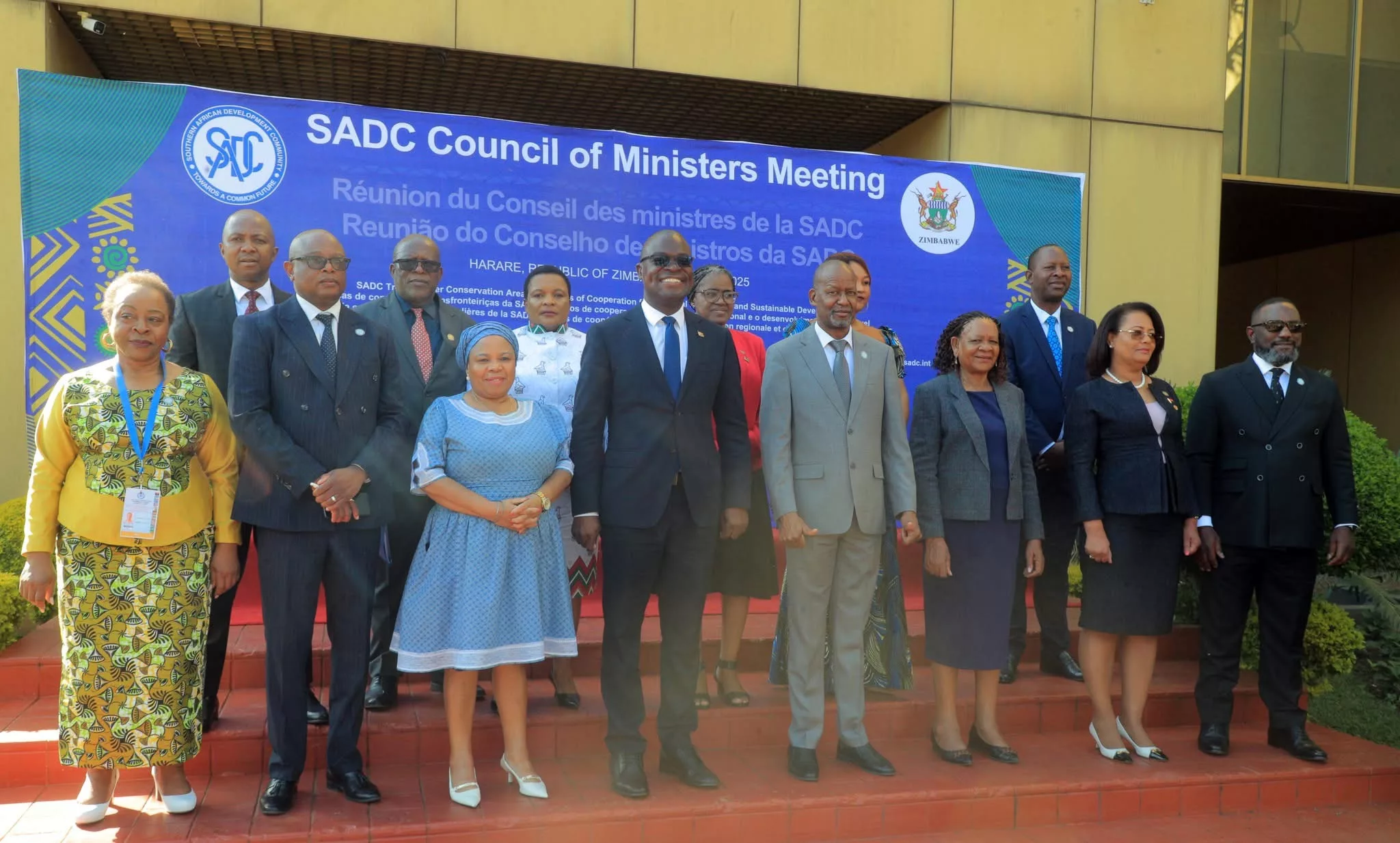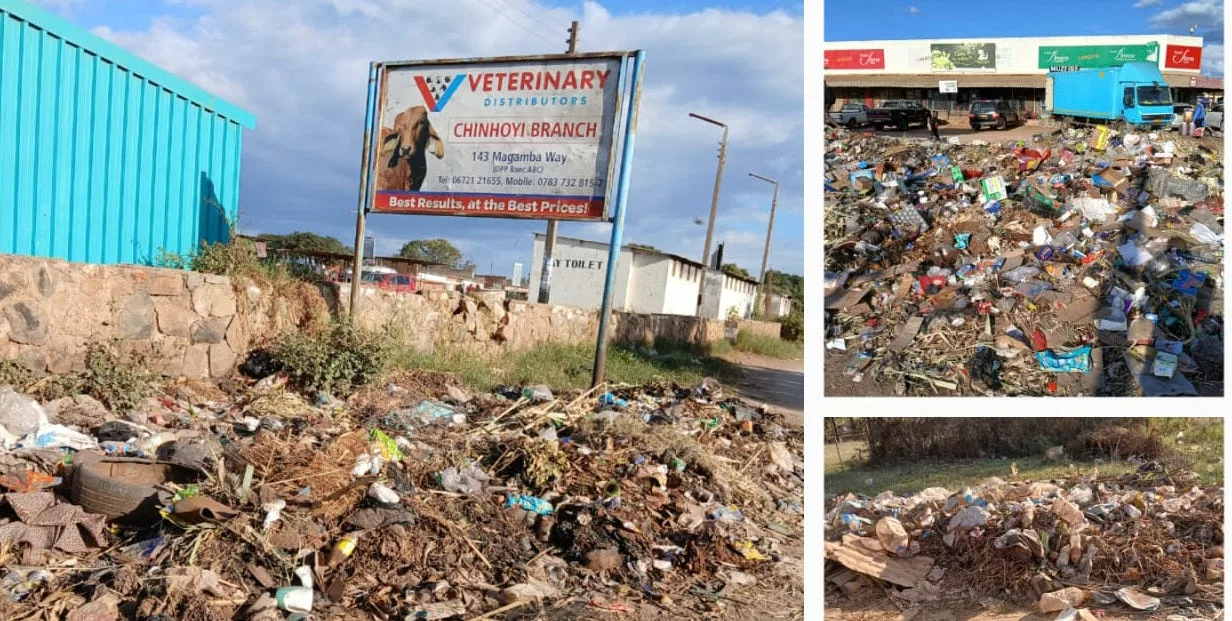By Farai Chirimumimba
I am trying to find the politest word to describe the alleged externalisation of US$ 112,817 by National Blood Service of Zimbabwe (NBSZ) through payment of goods that may never have been delivered in Zimbabwe. Let us just say it is “distressing”. However, l understand that a cowardly NBSZ current debacle may have been a result of poor oversight role by the board through failure to follow up on import documentation.
Last week NBSZ public affair manager Ms Ester Massundah went live on Harare’s Capitalk FM where she disputed the alleged externalisation stating that the rumour stemmed from equipment ordered in August last year and delivered between March 2018 in what seems to be“minor” or “major” contradictions.
NBSZ wrote on its Twitter handle that the goods were ordered in November (and not August? As alleged by Ms Massundah on Capitalk FM) and were delivered between February and March (and not only in March as alleged by Ms Massundah). “Imports equipment & products. In this case, the payments referred to on the Externalisers List Is (sic) from November 2017, the delivery of products and equipment were received from February to March 2018,” wrote the NBSZ on its twitter account.
“NBSZ has done all efforts to clear all outstanding import documentations with the concerned financial institution,” the bloody messed not for profit organisation further wrote on its twitter handle.
The alleged externalisation comes at a time when NBSZ has been urging people to donate blood since late last year as the bloodbank ran dry, a shortage which is widely seen as a protest by donors due to the wider incompetence of the NBSZ board led by retired Justice George Smith who has been on the helm for the past 41 years despite being implicated in corporate malpractices in the 2013 Ernst and Young forensic audit in 2013 which showed that he was, among other ills, using NBSZ offices for his personal business.
Whilst it is public knowledge that NBSZ import some of their products and equipment, it’s difficult to ascertain the exact amount of goods imported yearly because their annual reports do not separate expenses borne locally and those borne through imports. After all being a company known to import goods it might be used as a conduit to siphon money outside the country.
Ms Massundah could however, not disclose the nature of the import and why the financial institution charged with forwarding the necessary documents to the Reserve Bank of Zimbabwe (RBZ) negated or delayed the process. Efforts to get further comment from NBSZ failed as e-mailed questions had not been responded to since last week. Whether or not NBSZ is being truthful remain a secret since it is not divulging what was imported which deepens the mystery surrounding the whole issue. I do not see other way out of the mounting woes other than full disclosure. As a messed up organsation bedeviled with crippling corporate governance issues and want to regain public trust, it should at least circulate the RBZ clearance document once it is obtained.
NBSZ has in recent years built a reputation of denying any wrong doing despite overwhelming evidence. Late last year it denied that in 2013 it changed the organisation status from being not for profit to a private limited company despite a record from the Registrar of Companies showing to the contrary. Justice Smith was last year quoted in the state media denying any knowledge of the Ernst and Young forensic report when besides authorizing the audit, it is public knowledge that in 2013 he issued a press statement saying that NBSZ was seized with the report and taking corrective measures.






